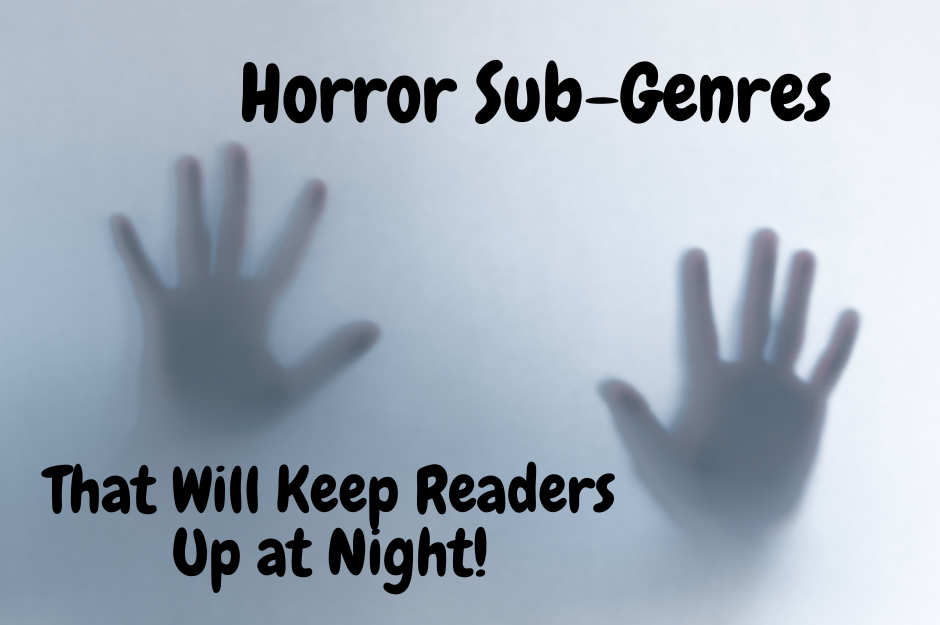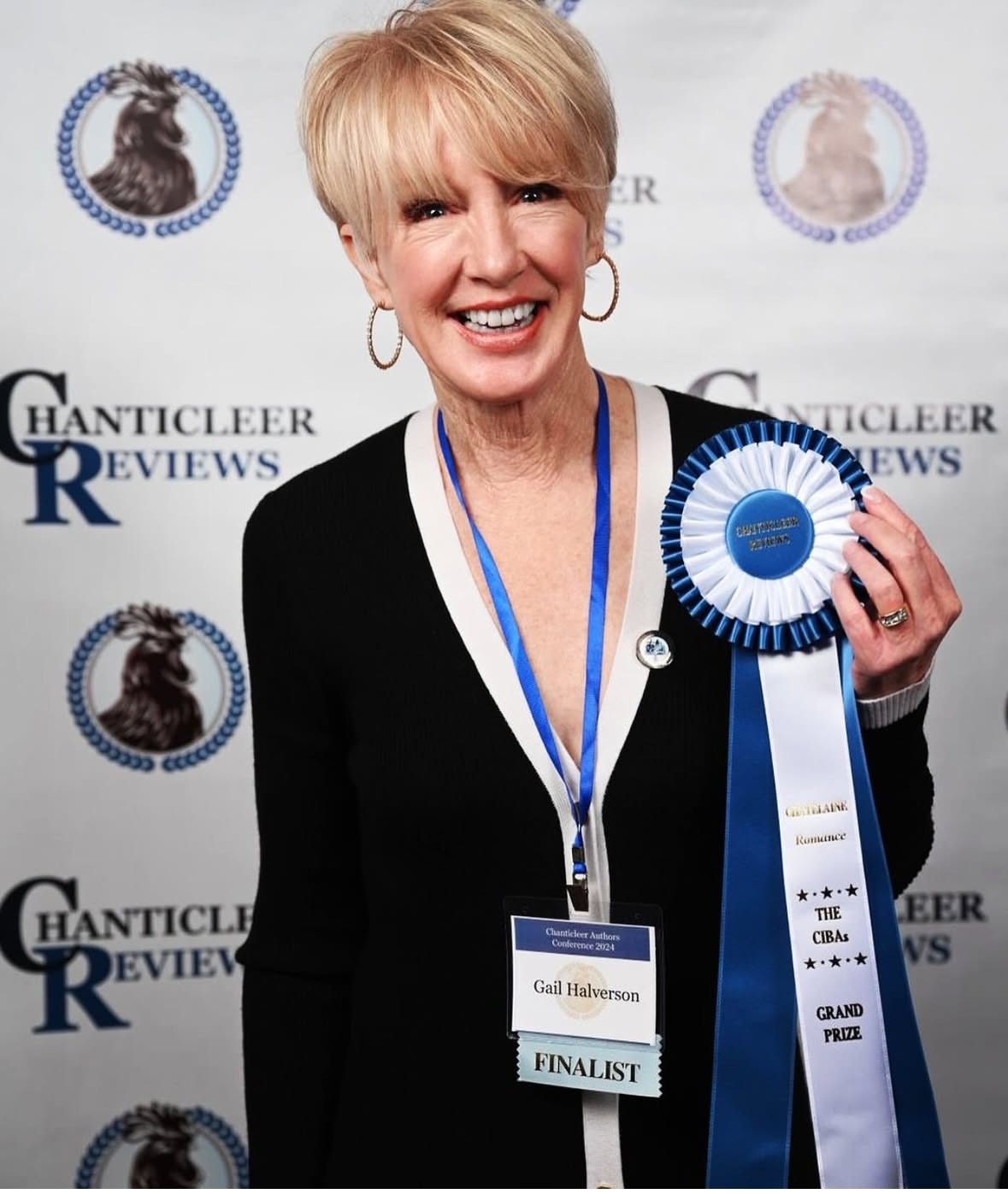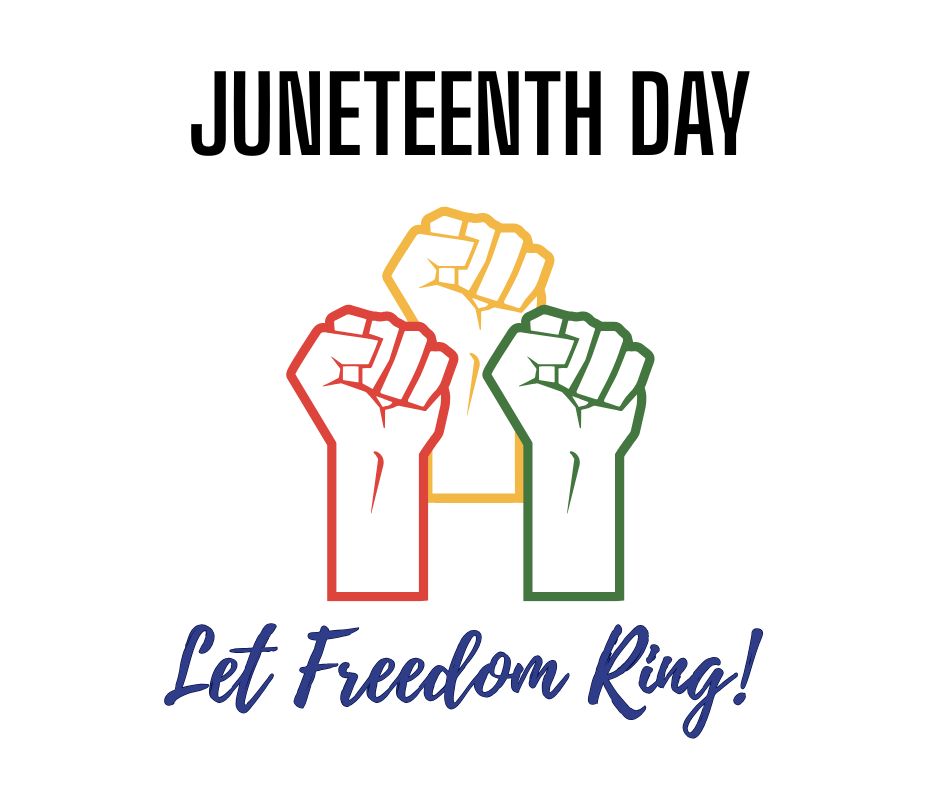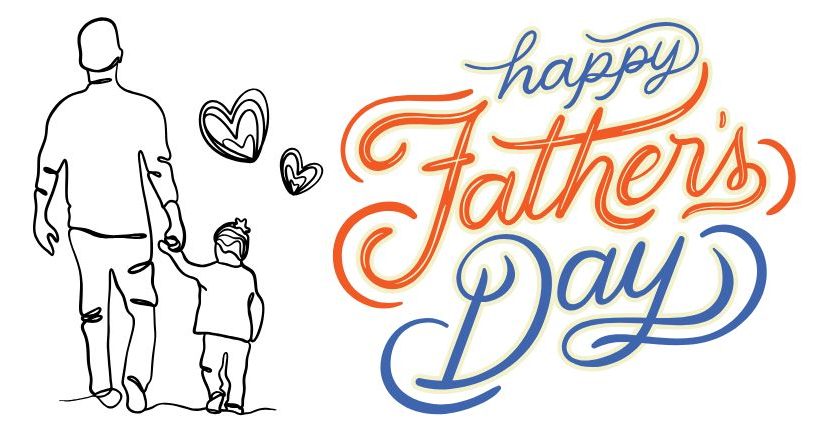Banned Books Week

From left to right we have Michael Shannon as Captain Beatty and Michael B. Jordan as Guy Montag in the screen adaptation of Ray Bradbury’s Fahrenheit 451
It’s still here because it still happens
Banned Books Week, celebrated during the last full week of September, brings authors, publishers, readers, educators, and activists together to underscore the importance of intellectual freedom and our constitutional right to access information. It’s an event that serves as a platform to advocate for free expression and to highlight the detrimental effects of censorship.
The Effects of Banning Books
Banning books not only limits access to diverse perspectives but also stifles critical thinking and discussion. When we silence voices, we miss out on the chance to engage with different experiences and viewpoints and leaves underrepresented people isolated and oftentimes ostracized due to a lack of understanding and empathy for the struggles, triumphs, and complexities of others.
Banned Books Week is an annual event first organized by the American Library Association (ALA) in 1982. It shines a light on the many books that have been challenged or banned in schools and libraries, and it reminds us of the vital role literature plays in shaping our understanding of the world and who we are as people. We are still advocating for these rights forty-two years later.

Fighting Book Bans in the Golden Age of Russian Literature
Bans have been used put into place since Biblical times, but a more modern version is found in Imperial Russia. It’s an interesting point in history when skilled authors used fiction as a way to subvert censors and challenge the structure of their societies through the written word.
Russian writers, the great storytellers of the “Golden Age” of literature (18th & 19th century), were masters of observation during a time when their society was rapidly changing. Western ideas brought back with soldiers from the Napoleonic Wars provided Russian citizens the freedom of thought for the first time in their long history as a monarchy. In a matter of a few years the Russian intelligentsia absorbed the knowledge of over three hundred years of Western Enlightenment and became the catalyst for conversations on the rights of man and the role of church and state in the lives of their citizens. Suddenly, a feudal society’s eyes popped open from a deep sleep and they realized their dreams of freedom were real and within reach.

The great Russian writers–top row from left: Stepan Skitalets, Fyodor Chaliapin, Yevgeny Chirikov; bottom row from left: Maxim Gorky, Leonid Andreyev, Ivan Bunin, Nikolay Teleshov.
The Russian people were in a position to expand their knowledge base exponentially and soon conversations heard in the salons and receiving rooms of St. Petersburg, Russia’s cultural capital at the time, had become passionate with talk of the “rights of man”. Influence the church and state had over the middle class decreased and their power over the people began slipping away. The common man gained the ability to ask his own questions and decide his own fate for the first time in Russian history, and as they sipped their vodka they began to speak of revolution.
And a few wrote.
Government censors, focused solely on traditional news sources, weren’t quick enough to pick up on the messages behind fictional plots and this gave writers a way to move the private conversations they were having out into the mainstream. As a result, Russian literature stands to this day as some of the most important novels in our society, regardless of where your origins lie. By examining the human condition with compelling narratives these great Russian writers succeeded in questioning the way we live and think about our lives, and all under the watchful eyes of those who would have banned those same ideas if presented as non-fiction.

Celebrating the Freedom to Read and Write
During Banned Books Week, libraries, schools, and bookstores host a variety of events to celebrate the freedom to read. Read-alouds and panel discussions highlight the significance banned books, and social media campaigns are now engaging audiences online, encouraging them to share their favorite banned books, quotes, and personal stories.
How You Can Get Involved
- Read a Banned Book: Pick up a book from the list of frequently challenged titles. Some notable examples include To Kill a Mockingbird, The Catcher in the Rye, and The Hate U Give.
- Support Your Local Library: Visit your local library and participate in Banned Books Week events. Libraries often provide resources and information about the challenges they face.
- Raise Awareness: Use your social media platforms to spread the word. Share posts about your favorite banned books and why they matter to you.
- Engage in Conversations: Discuss the importance of free expression with friends, family, and colleagues. Encourage open dialogue about challenging topics often found in literature.
- Advocate for Change: Get involved with local advocacy groups that support intellectual freedom. Attend school board meetings to voice your support for diverse literature in schools.

Banned Books Week serves as a powerful reminder of the importance of free expression and the need to protect the right to read whatever we want to read. By celebrating literature that has been challenged or banned, we reaffirm our commitment to fostering an inclusive society that values diverse perspectives. So, let’s turn the page, open our minds, and embrace the stories that challenge us to think critically and compassionately about the world around us.























Leave A Comment